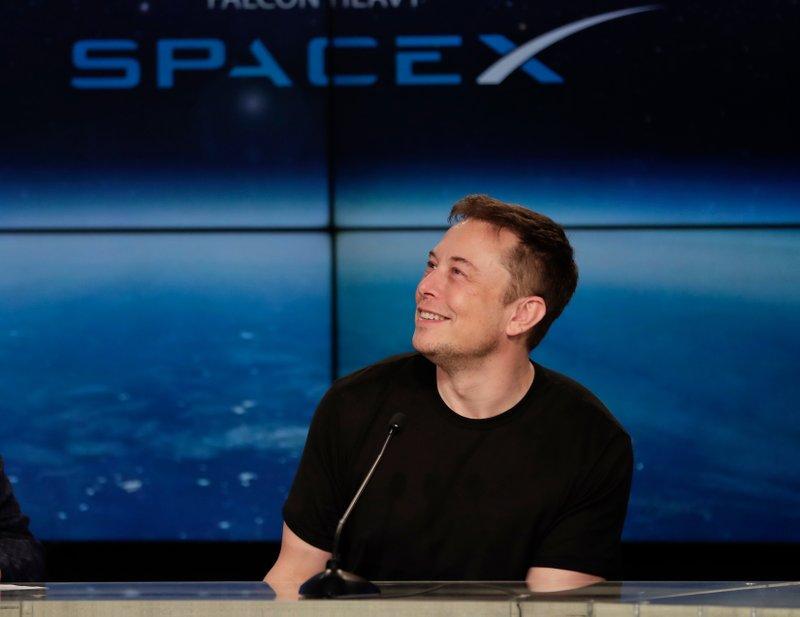LOS ANGELES—Tech entrepreneur Elon Musk is set to unveil an underground transportation tunnel on Dec. 18, that could move people faster than subways.
Musk also plans to show off the autonomous cars that will carry people through the test tunnel, which runs about 2 miles under the streets of Hawthorne, California, Musk’s SpaceX headquarters. He’s also planning to unveil elevators he says will bring users’ own cars from street level to the tunnel.





